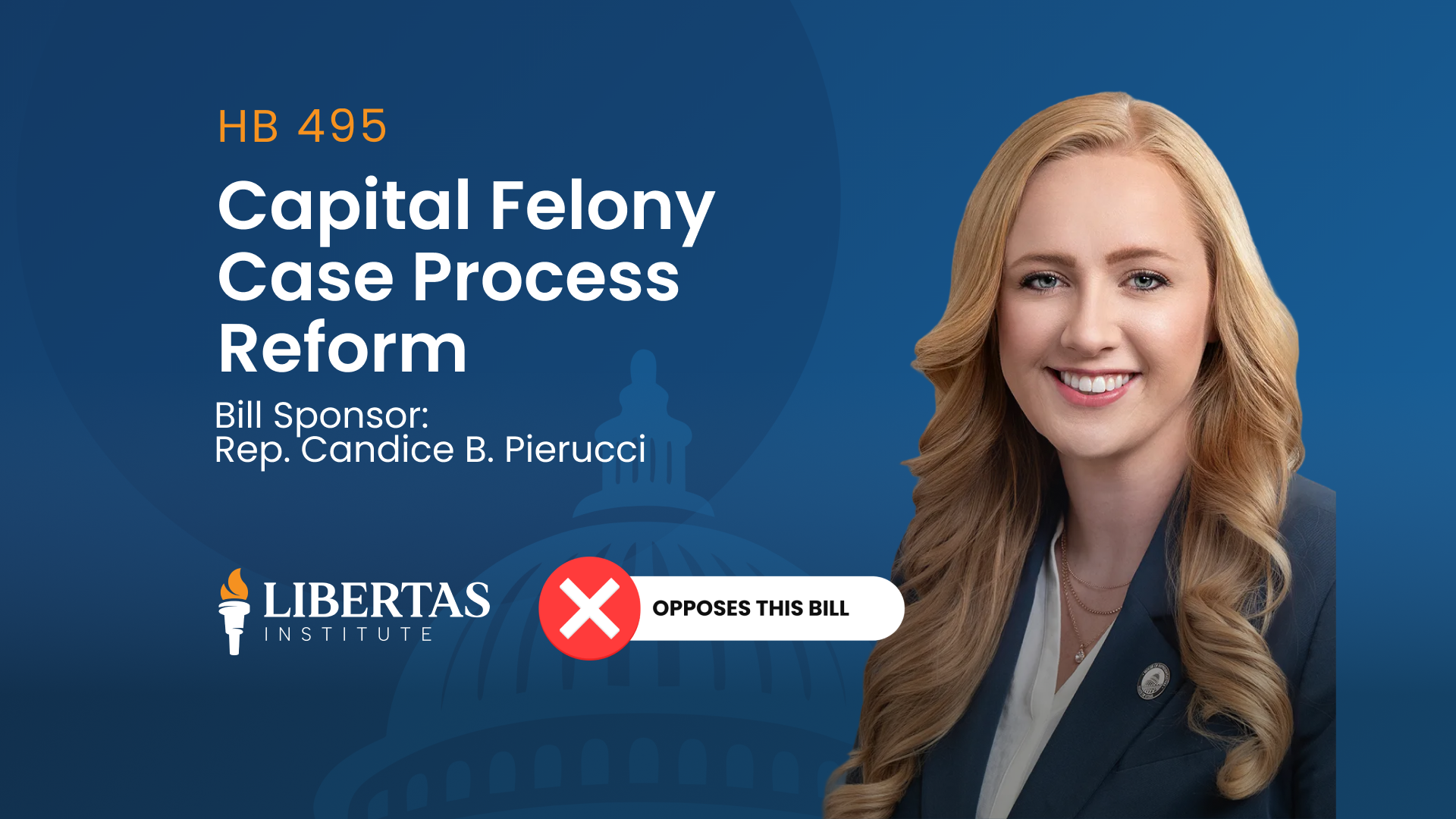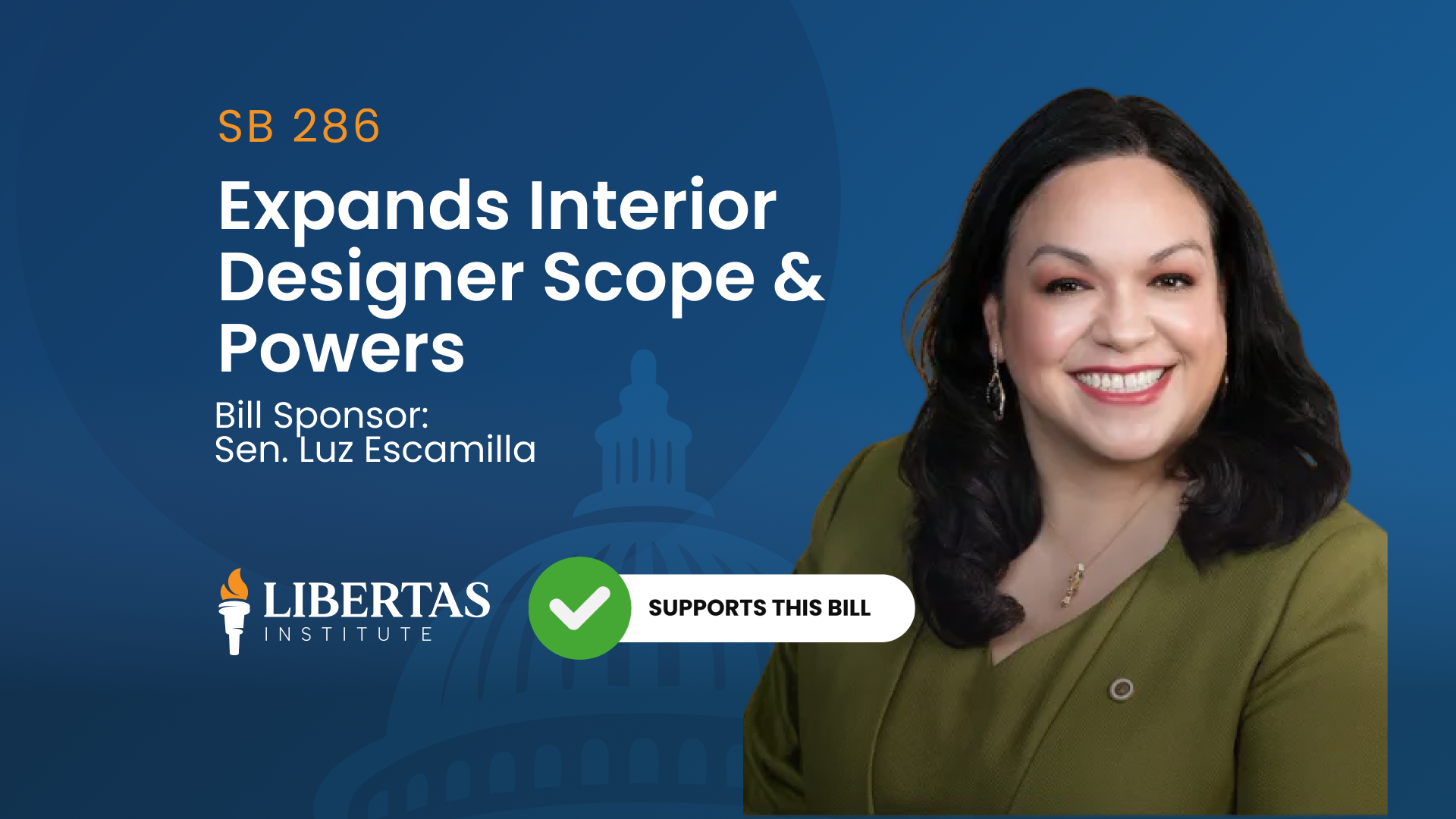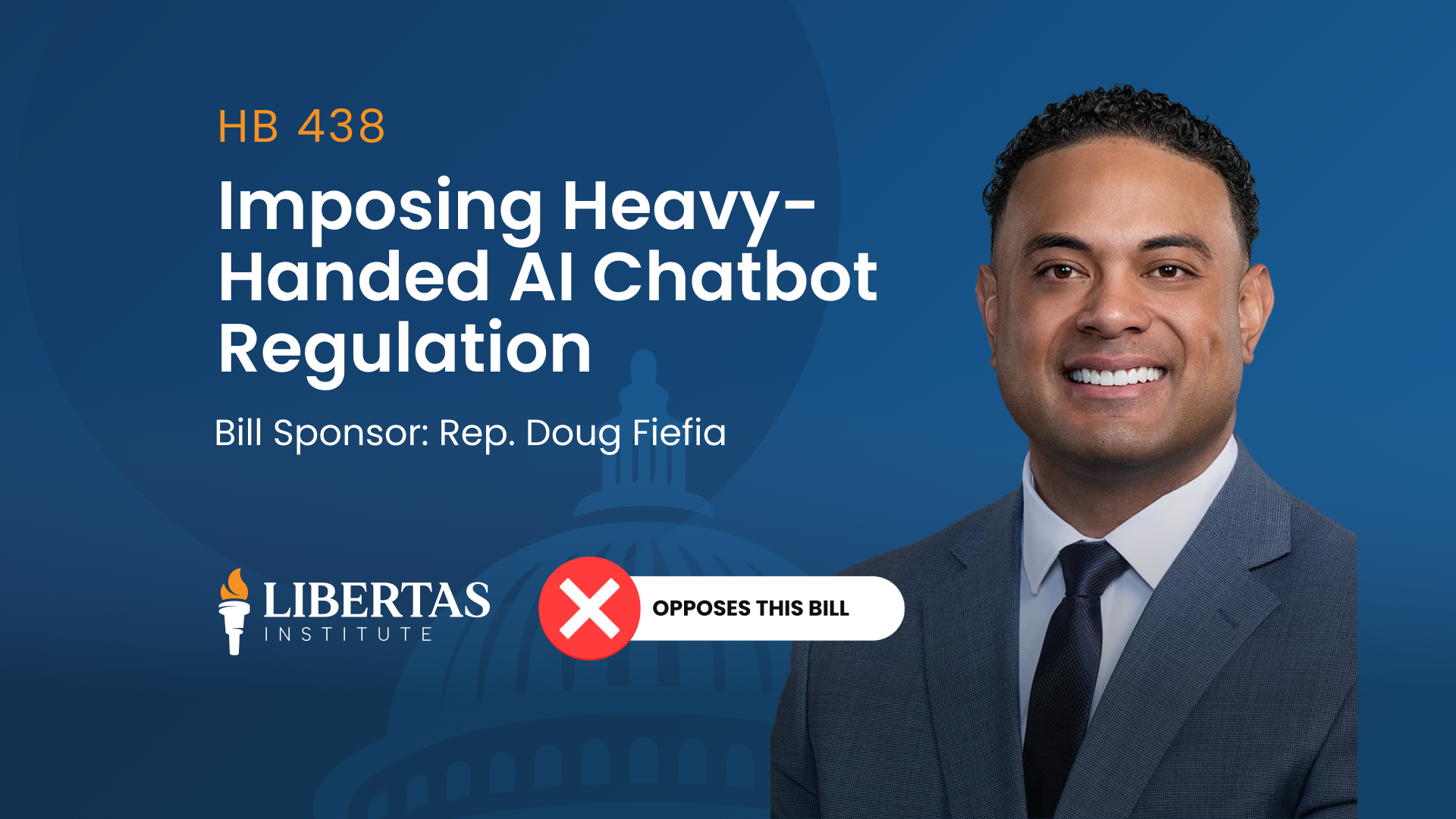This bill passed the House with a vote of 39-32 and the Senate with a vote of 15-11.
Libertas Institute opposes this bill
In 2013, some employees of the Unified Fire Authority (Utah’s largest fire agency) discovered that some vials of morphine stored in ambulances at a few fire stations had been emptied of their contents. The police were alerted, as theft was suspected—but instead of interviewing people who had access to those ambulances, the Cottonwood Heights Police Department searched and downloaded the prescription drug histories of every employee of the Unified Fire Authority. No warrant was issued in this search.
A related lawsuit filed afterward sought to suppress the evidence, arguing that the warrantless search violated the Fourth Amendment. The court ruled in the defendant’s favor, and the state dropped its appeal.
Senator Todd Weiler sponsored legislation soon after—which passed overwhelmingly in the Legislature—to restrict access to the controlled substance database; the resulting law required law enforcement to obtain a warrant to access the information.
This year, Representative Ray Ward is sponsoring House Bill 260, which undermines the law to allow police officers to more easily access this private medical information of Utahns.
HB260 allows state and local law enforcement to circumvent the warrant requirement once (among other minor hurdles) their agency has a Memorandum of Understanding with the agency managing the database and the officer completes an eight-hour class and passes an exam.
Police officers need a warrant to enter your home and view the contents of your medicine cabinet. Likewise, they should need judicial approval prior to accessing the digital equivalent of this information. Though the federal government persuaded a court to grant them access to the information without a warrant, there is no reason the Legislature should make it easier for state and local law enforcement to go on fishing expeditions with access to such sensitive data.




